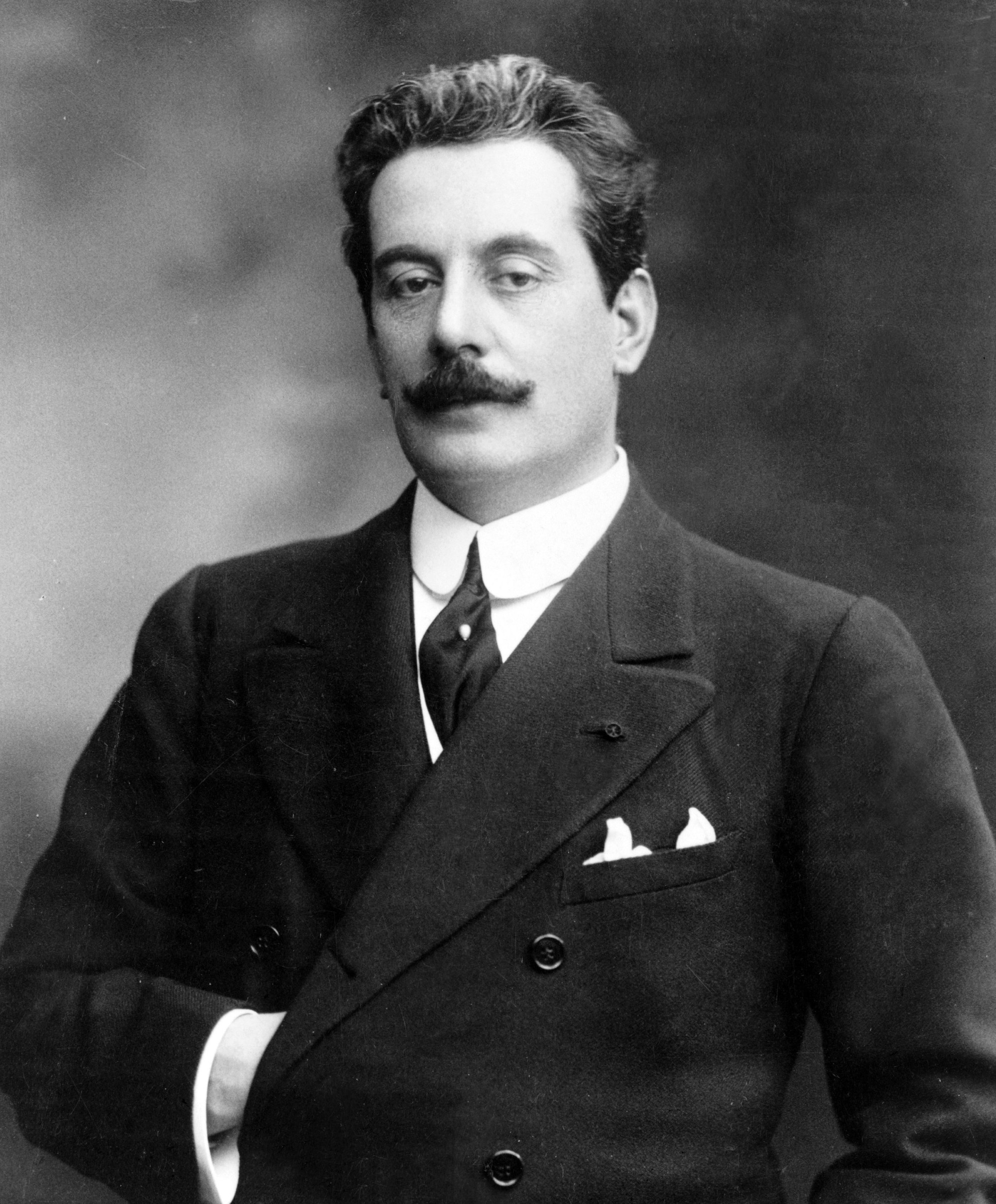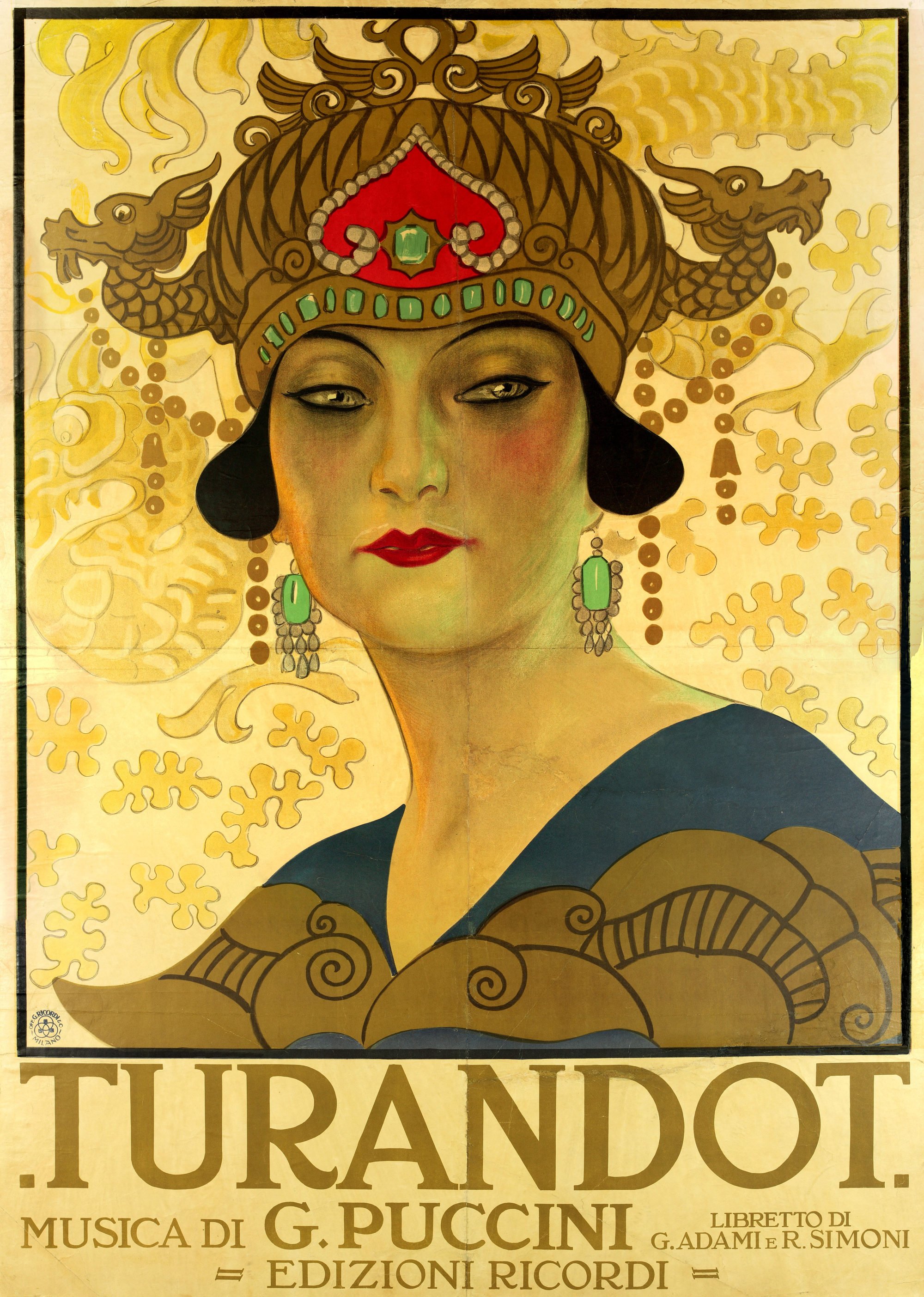
HBO’s Succession writer scripts new ending to Puccini’s Turandot for Washington National Opera
- Puccini’s unfinished opera about a Chinese princess now has an alternative ending, with words from Susan Soon He Stanton, who wrote for the TV series Succession
- It is not the first ending written, but Stanton and Washington National Opera artistic director Francesca Zambello believe this one would please Puccini himself
Ever since Giacomo Puccini died without finishing his last opera, Turandot, audiences have thrilled to its soaring melodies, including “Nessun Dorma”, but also perhaps lamented the lack of a proper ending.
Now the Washington National Opera (WNO) is offering an alternative, commissioning new words and music for the final 18 or so minutes. The production, with libretto by Susan Soon He Stanton and music by Christopher Tin, runs from May 11 to July 25.
Turandot tells of a Chinese princess who condemns all her suitors to have their heads chopped off unless they can answer three riddles. When an unknown prince manages to do this, Turandot is obliged to marry him, but he gives her a way out of the bargain if she can guess his identity.
In the final scene, according to the original libretto, the prince kisses Turandot and then – confident he has won her love – reveals that his name is Calaf. The opera concludes amid general rejoicing.

Francesca Zambello, artistic director of the WNO, is among those who find this ending less than satisfying.
“You have a very proud and fiery princess who spends the entire opera saying ‘No’,” she said. “Then Calaf comes along, he ignores her ‘No’, then plants a big old kiss on her against her will, and as a result she is suddenly transformed into this nice, magnanimous ruler.”
Now that the copyright on the work has expired, she said, “I wanted to change the story in a way that I hoped Puccini’s ghost might have approved.”
Adding to the implausibility of the resolution is the character of Liu, a slave girl so devoted to Calaf that she kills herself rather than reveal his name under torture. In the final scene, Liu’s fate is barely mentioned and quickly forgotten.
Puccini had completed the score up to the point where Liu dies, but left only musical sketches for the remainder when he died in 1924 while undergoing treatment for throat cancer.
Franco Alfano was hired to complete the music from Puccini’s notes and it is usually a version of his score that is performed today, though there have been several attempts to improve upon it.
I wanted to have something that felt like maybe Puccini wrote it but it went through a contemporary filter
Luciano Berio orchestrated a new ending that premiered in 2002; Chinese composer Hao Weiya crafted his own version in 2008; and Opera Delaware is offering a conclusion in May composed by Derrick Wang, whose earlier opera Scalia/Ginsburg told of the friendship between the two US Supreme Court justices.
But none have gone as far as WNO in rewriting both text and music for the final scene.
Stanton, a playwright and screenwriter who worked on the hit TV series Succession, said she tried to understand Turandot’s character and motivations in a way that rang true psychologically. And she came to a surprising conclusion.
In Turandot’s entrance aria “In questa reggia”, she describes her cruel behaviour in sending suitor after suitor to their deaths as revenge for the fate of her ancestor, Princess Lo-u-ling, who she says was sexually assaulted and murdered.
But Stanton said, “I just didn’t believe her. The body count is so high that it didn’t make sense that she’s going to be killing all these men because of something that happened to a long-ago ancestor.
“It felt more like a trauma response of somebody who’s really afraid of getting married,” Stanton said. So in the new final scene she has Turandot reveal that it was actually she who was raped.

And now it’s Turandot who initiates the kiss, first tentatively, then passionately, making her more of an equal partner in her relationship with Calaf.
Stanton also brings Liu back into the story. In the new version, Turandot’s father has died during the night, and her first decree as ruler is to announce that the slave girl will be buried in a place of honour alongside the emperor, hinting of an egalitarian society to come.
To craft new music for this revised story, Zambello turned to Tin, a Grammy-award-winning composer who has written for film, TV and video game soundtracks.
Zambello told Tin she “didn’t want it to sound like a completely different musical language. I wanted to have something that felt like maybe Puccini wrote it but it went through a contemporary filter.”
Tin made heavy use of melodies and themes that appear in the parts of the opera Puccini did finish, but he recast them to fit the new libretto.
In a way, he said he thinks he was better suited to the assignment than Alfano, who belonged to the next generation after Puccini and took a somewhat more modernist approach in his music.
“I’m a very melodic composer,” Tin said, “I write very easy-to-parse musical structures. And that made me a pretty good fit for this job. It’s still daunting, because you already have 100 years of people’s opinions about what you should write.
“Ultimately the only way I could proceed was to tune it all out,” he said. “At the end of the day nobody wants to hear second-rate Puccini. But somebody might want to hear first-rate Christopher Tin.”

